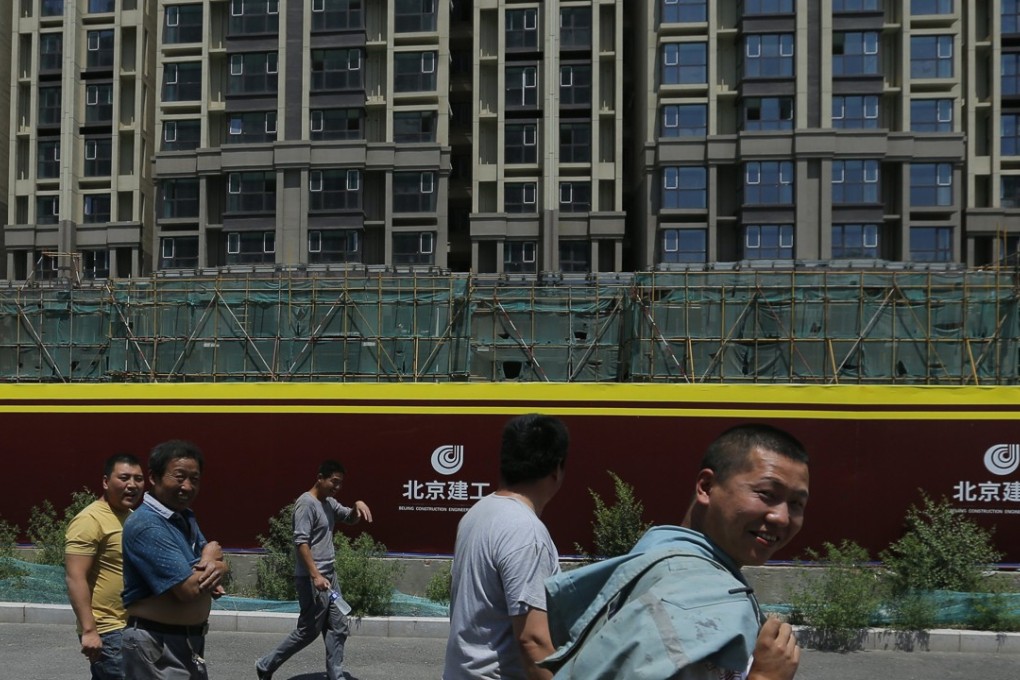Generation rent? Not in China’s capital, where owning a home is still the ultimate prize
Worried by rising house prices, the authorities in Beijing are trying to get people to rent, but analysts say their plans are unlikely to achieve much success

Authorities in China’s capital of Beijing are trying to get people to rent homes as part of their efforts to keep surging property prices in check, but they may be fighting an uphill battle in a society where not owning property can even affect people’s chances of getting married.
The city government has brought in a series measures recently to try and make renting more attractive, including promising equal residence rights to out-of-towners who rent, and allowing farmers to build rental homes on collective land.
Housing affordability is a thorny issue in the city, as in many other cities in China. Prices for second-hand homes in Beijing rose 7.8 per cent in August over a year ago, and are up 51.2 per cent from 2015, according to the National Bureau of Statistics. Prices for new homes jumped 5.6 per cent in August and are up 35.4 per cent from 2015.
According to a survey in April by Forbes and Chinese real estate broker Lianjia, it takes a typical worker in Beijing 101 working days to afford one square metre of residential property, compared to 18 days for a San Francisco worker.
But even in this environment, the odds are stacked against renting, analysts said.
“Due to the cultural value placed on owning property, most people prefer buying homes instead of renting. If you do not have property, it is hard to convince your girlfriend to marry you or get the endorsement of her parents, particularly in Beijing and Shanghai,” said David Hong, head of research at China Real Estate Information.